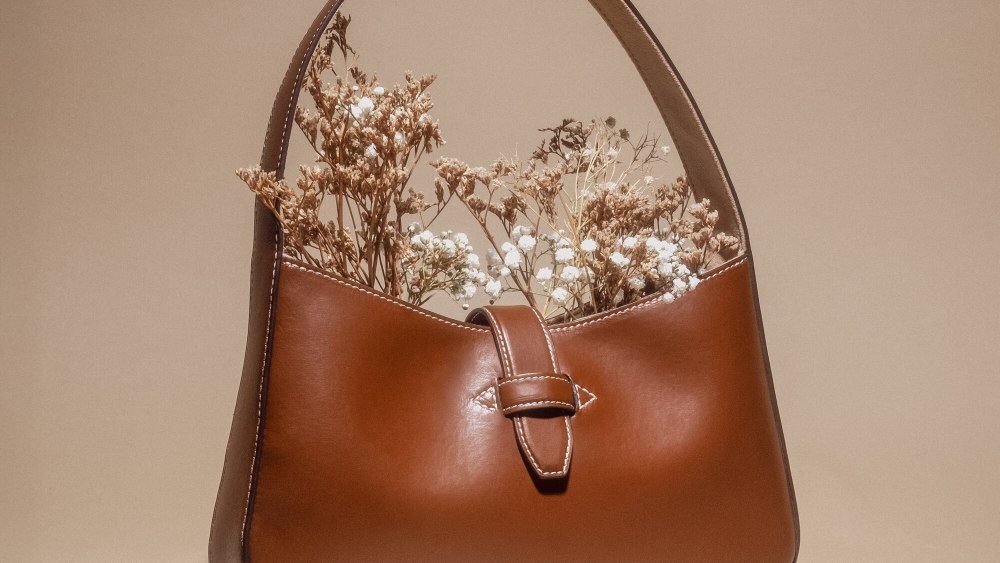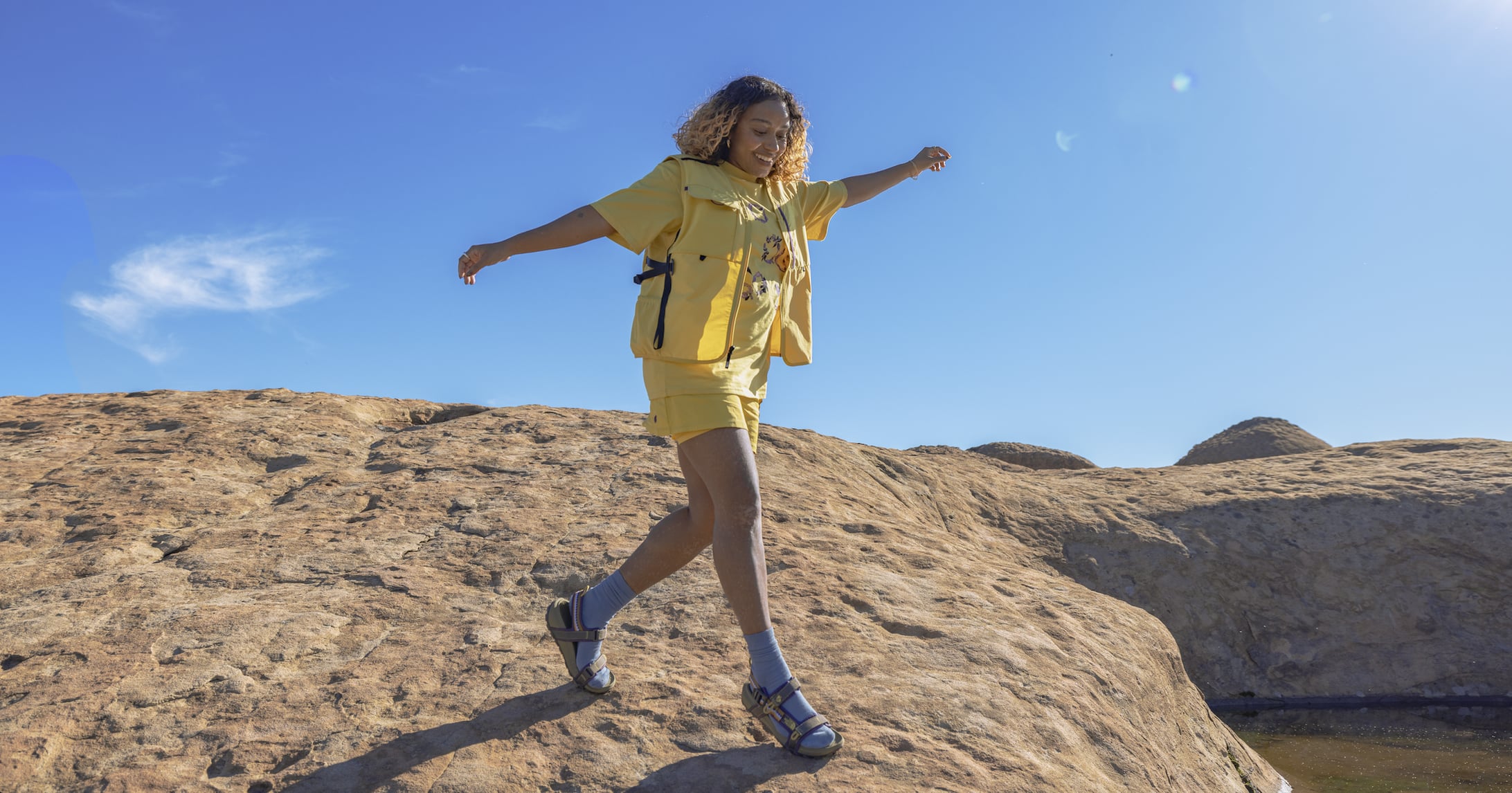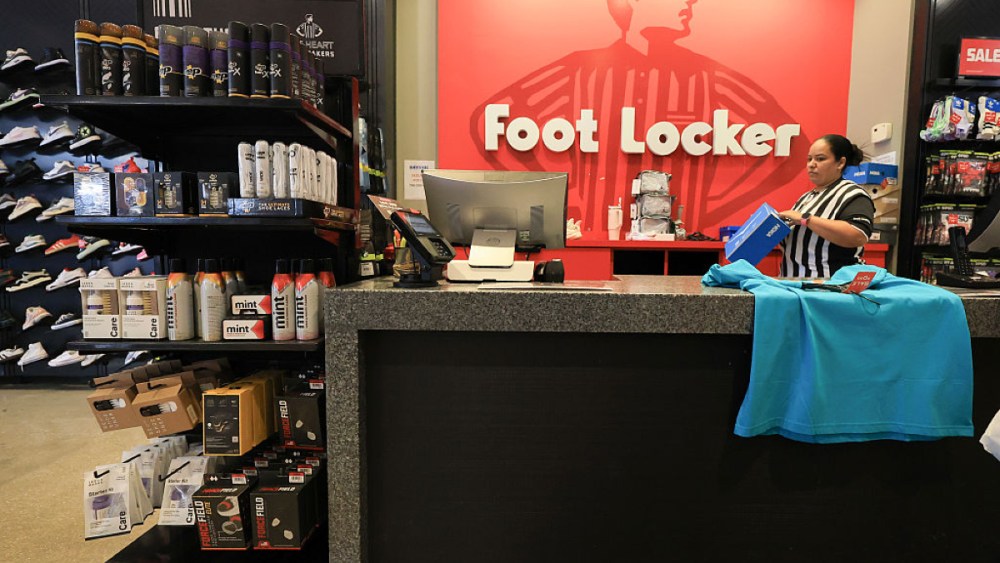PARIS — French lab-grown leather company Faircraft has closed a 15-million-euro series A funding round, and the company unveiled its first handbag made with the material.
“Lab-grown leather represents a major evolution that goes far beyond the fashion industry, and uses cutting-edge technologies to honor ethical considerations. It enables the creation of unique pieces with minimal environmental impact, while offering new possibilities to leather artisans and designers,” said Faircraft cofounder and chief executive officer Haïkel Balti.
The round was backed by San Francisco-based Kindred Ventures, which traditionally works with early-stage tech start-ups such as Poshmark and Postmates, and French sovereign investment fund BPIFrance. They were joined by venture capital firms Alliance for Impact, Blue Wire Capital, Cap Horn, Entrepreneur First, Heirloom as well as Dutch investor and Prime Ventures founder Sake Bosch.
Faircraft was cofounded by Balti and César Valencia Gallardo in 2021. The company’s 20-member team has so far been focused on engineering. With this raise, the company will expand key scientific hires, develop machinery to scale up production as well as create product development teams dedicated to brand relations.
You May Also Like
The first handbag unveiled was tanned using traditional methods and made by leather goods artisans based in Paris.
“It’s a great milestone for us,” said Balti. “To be able to go from end-to-end, from lab-growing the skin, through the full tanning process in traditional drums, to having the product being used to put out an actual [handbag] — we’re pretty happy about the results.”
Faircraft is working with Paris-based luxury fashion and leather goods brands on further product experimentation.
The lab-grown leather uses a cellular growing process adapted from pharma research, with seed cells originally derived from animals. The result mimics traditional leather in terms of look, texture and smell, and can be tanned using traditional processes.
“We’re placed in a unique position where we have these new materials, but which are also meeting some criteria in terms of touch and feel, performance and storytelling,” he said. “These companies love the story because it’s a highly innovative product that relies on a lot of science — we have patented completely new processes — while at the same time it’s also traditional.”
The Faircraft lab-grown leather is an opportunity for luxury brands to innovate with a new material that will improve their environmental criteria and reduce their carbon emissions.

“One of the key targets for us now is to get to the right cost structure to meet the cost structure of our clients’ products. And this is done through process development, engineering to make sure that the process is more streamlined, and further automation,” said Balti.
To develop the product, Faircraft adapted existing processes for medical grade lab-grown skin while reducing the cost holds patents for its procedure. So far it is produced in the company’s Paris-based facility on its own equipment. With this fundraise, the company seeks to scale production to achieve price parity with traditional skins, which are currently priced at about $9 per square foot for a handbag quality, pebble-texture cow skin.
“We managed to reduce the cost of the raw materials we use 500 times compared to medical grade lab-grown skin models, which was the reference when we started, while making sure we produce a material that is highly qualitative for the leather goods segment.
“We are now accelerating the tech transfer by partnering with French and European companies for some of the steps, and further automating the steps that we are keeping in-house. This will allow us to decrease the operational costs 5 to10 times within the next 2 years, which is what we need to reach price parity,” added Balti.
The lab-grown leather emits 90 percent fewer carbon emissions, creates 95 percent less waste, and reduces water consumption by 80 percent over traditional animal leather, according to Faircraft’s data.


